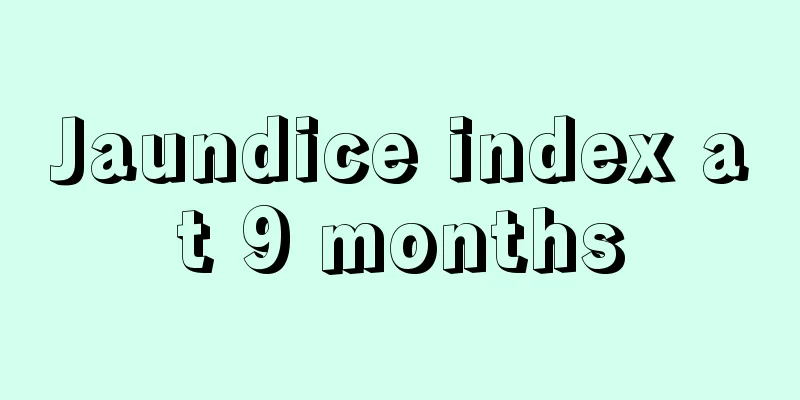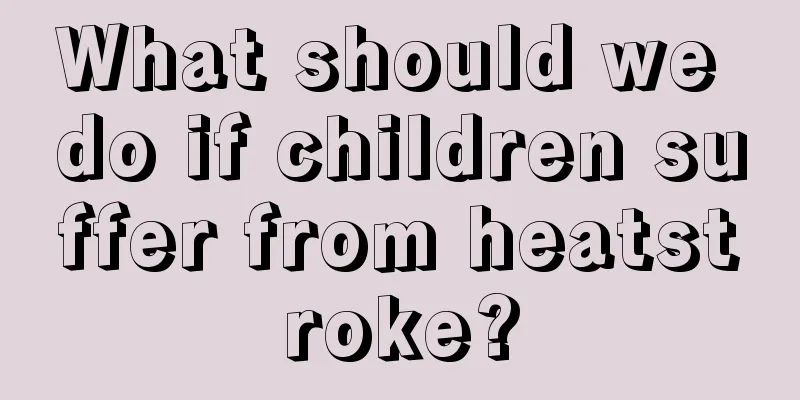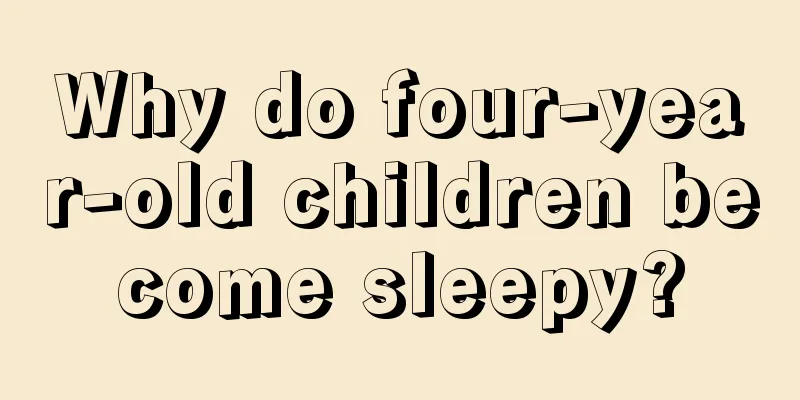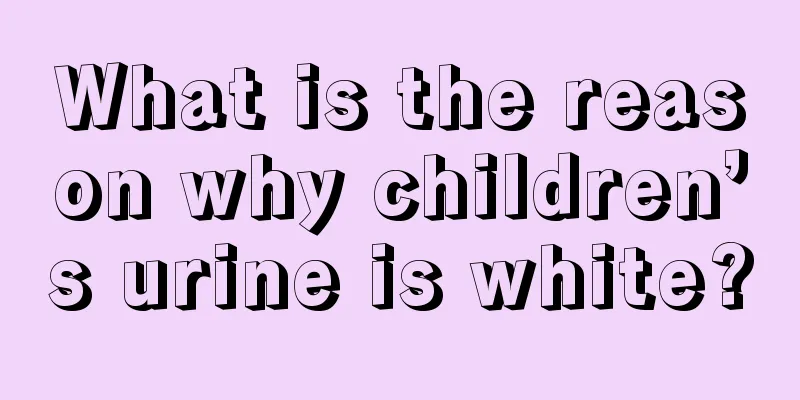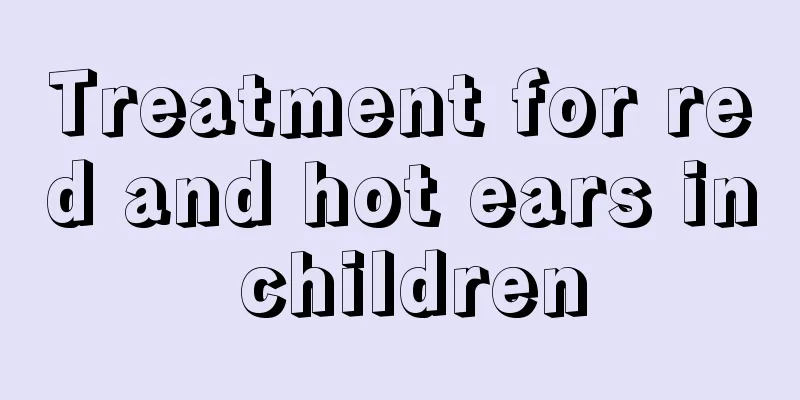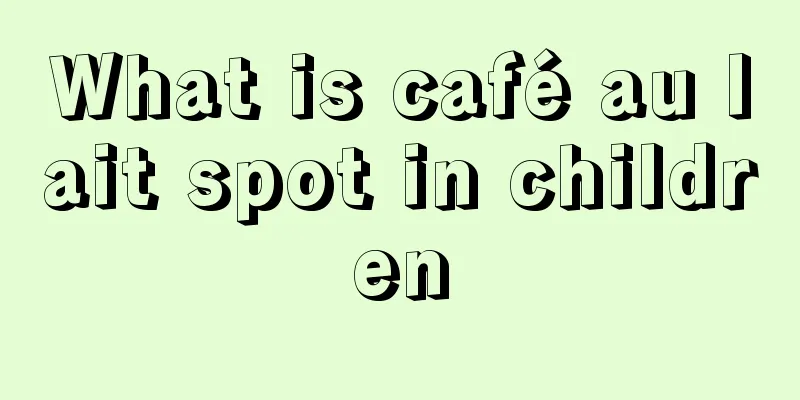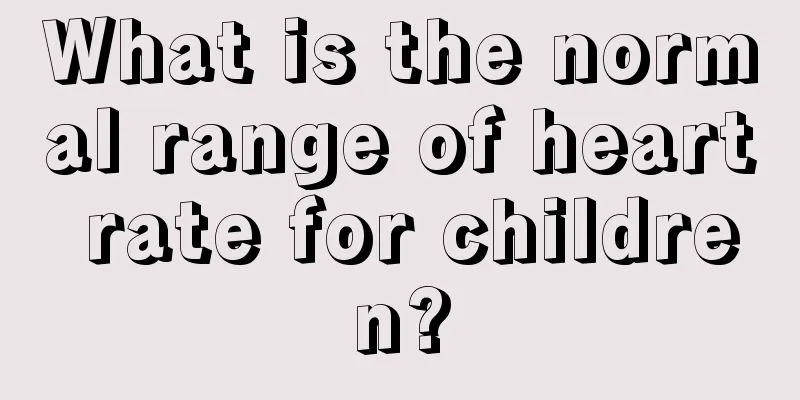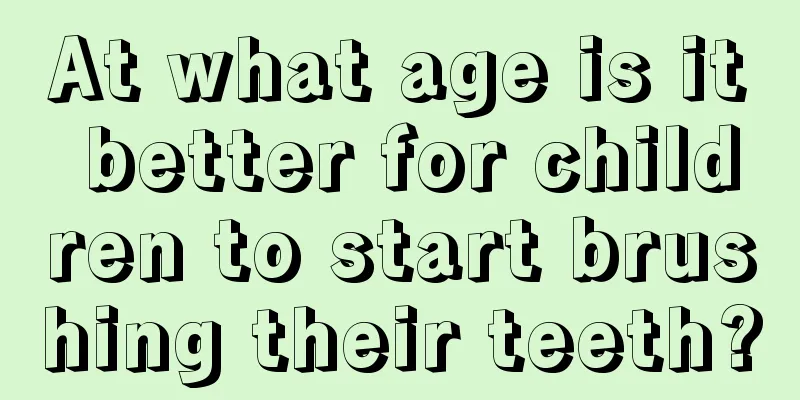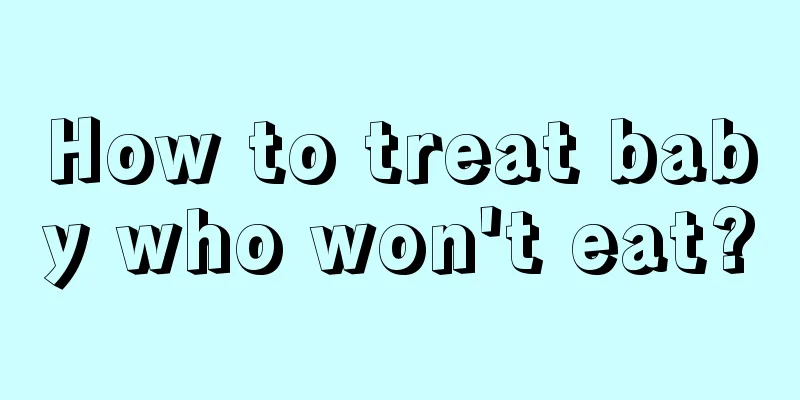Seven bottom lines that children cannot tolerate
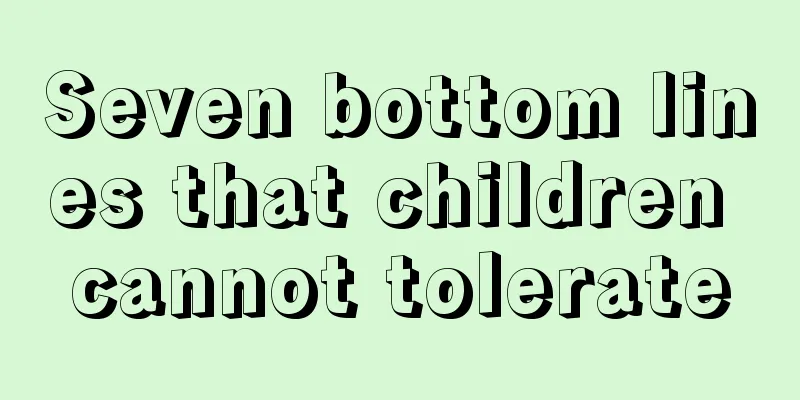
|
Certain "embarrassing problems" Young children are often very sensitive to "problems" such as bed-wetting because they feel that these defects will make them "lose face" in front of their peers. Therefore, neither parents nor kindergarten teachers should mention it in front of children's friends, let alone laugh at or ridicule it. Most people think that only adults have bottom lines and shortcomings that cannot be touched. In fact, not only adults have bottom lines, but children also have their own "bottom lines"! To be a qualified parent, please don't step into your child's minefield during early education! Bottom line 1: Some embarrassing problems Certain "embarrassing problems" Young children are often very sensitive to "problems" such as bed-wetting because they feel that these defects will make them "lose face" in front of their peers. Therefore, neither parents nor kindergarten teachers should mention it in front of children's friends, let alone laugh at or ridicule it. Bottom line 2: Certain mental illnesses Young children tend to be more sensitive to psychological disorders that they are suffering from or have suffered from in the past, such as autism, depression, ADHD, etc. If adults talk about it all the time, it will naturally be detrimental to recovery from the illness. Even if the disease has been cured, frequently mentioning it in front of the child is equivalent to "exposing the child's shortcomings", which is also not conducive to the child's mental health. Bottom line 3: Past mistakes Some "past mistakes" that seem insignificant to adults may cause some children to feel resentful for a long time. As long as someone mentions them, they will feel the pain of "having their scars exposed." These "past mistakes" may include: coming last in a game, failing at a performance, making a fool of oneself on an outing, or even being a crybaby as a child, etc. Bottom line 4: Experience of corporal punishment Corporal punishment such as being beaten, scolded, and made to stand in the corner are often painful experiences that children will never forget, because not only does the child suffer physically, but the child may also be traumatized mentally. Even if a child is rarely physically punished now, frequently mentioning his past "history of humiliation" in front of others will still cause him to fall into extreme embarrassment and find it difficult to extricate himself. Bottom line 5: Physical defects Physiological or physical defects such as flat feet, color blindness, dwarfism, being overweight, being too thin, having small eyes, and an ugly face, although "obvious", may frustrate children if adults mention them from time to time. Even if the story is about something that happened a long time ago, such as being skinny and bony when born or looking like an ugly "old man", it will make the child unhappy. Bottom line 6: A little space for solitude Young children often attach great importance to their own little world and regard it as their "private territory". If parents frequently "inspect" their children's "territory" without their consent, the children will see this as a blatant violation of their "privacy". Bottom line seven: Save your “secret money” Although young children do not love money and do not know how to manage money, if parents often "settle" the "private money" saved by their children or even keep it for themselves, the children will feel that their privacy is not respected and protected by adults. Canadians generally believe that respecting and protecting the "privacy" of young children is essentially respecting and protecting their self-esteem. In daily life, every word and action that adults say and do in front of children must be "filtered" by their brains. Adults should never inadvertently "reveal" children's "privacy" when speaking carelessly, which will cause children to lose self-esteem and thus have serious negative impacts on their psychology. |
<<: How to make baby milk powder
>>: Solutions to four types of accidental injuries to children
Recommend
Bath temperature for four month old baby
Many young parents nowadays lack experience in br...
Can babies eat tomatoes?
Babies are very young and often feed mainly on br...
Nursing is also important for children undergoing heart surgery
Children's physical constitution is relativel...
Causes and treatments of oral ulcers in babies with fever
If a baby has oral ulcers, he will show varying d...
What are complicated febrile seizures in children?
The health of children in the family may directly...
Are stainless steel bowls harmful to children?
The various basins, pots, bowls, etc. in the kitc...
Why is there redness around the child's lips?
Some children have abnormal physical phenomena, s...
What to do if your two and a half year old baby gets angry
Getting angry is a common occurrence for adults. ...
Solutions to excessive calcium supplementation in young children
Many of our young children may be prone to malnut...
Why does the newborn's skin turn yellow?
Many newborns have particularly yellow skin after...
How can boys lose weight in their thighs?
The most important task for children is to study....
Symptoms of zinc deficiency in seven-month-old babies
Zinc is a trace element that promotes human devel...
How to correct a child's hunchback
Some children have hunchbacks, and their parents ...
What to do if children's earwax becomes hard lumps
Earwax is usually in powder form and is easier to...
Psychological education for children between 0 and 7 years old
Children's education is a very important cour...
